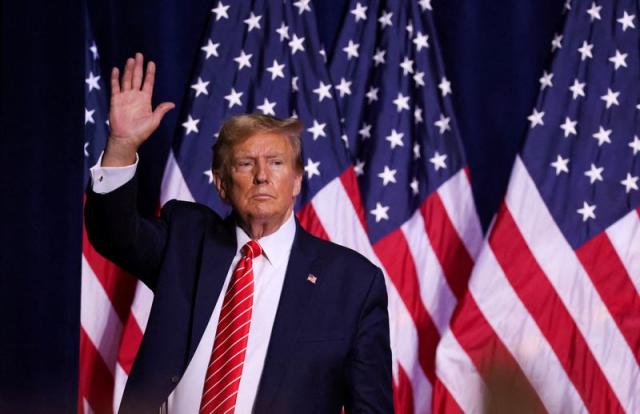Donald Trump’s embattled SPAC deal is finally advancing, just in time to settle debts totaling nearly half a billion dollars stemming from multiple legal challenges — pending board approval for his stock sale.
Let’s clarify the terms. Digital World Acquisition Corporation (DWAC), a special purpose acquisition company (SPAC), has been negotiating for years to merge with Trump Media and Technology Group (TMTG), aiming to list on the NASDAQ as $DJT. Yet, obstacles including shareholder reluctance, SEC scrutiny, and grand jury subpoenas have slowed progress.
Adding to the complexity is the uncertain fate of Truth Social, the partisan network rushed into existence after Trump’s Twitter ban. TMTG reportedly incurred a net loss of approximately $49 million in 2023, with revenues under $4 million — far from stellar figures.
Numerous setbacks have delayed the DWAC-TMTG merger, with shareholder patience wearing thin as deadlines approached.
However, today marks a significant step as both companies filed merger documents with the SEC. With DWAC stock surging to over $42 per share in anticipation, Trump, the largest shareholder with 79 million shares, stands to gain equity valued at $3 billion in the new entity.
This timing is particularly advantageous for Trump, facing imminent bond payments or risk asset forfeiture in a major fraud case in New York, among other financial obligations.
But there’s a catch: a “lock-up” provision post-merger requires board approval for stock sales by company officers and major investors for six months.
While many shareholders may offload their shares promptly, Trump’s plan to alleviate his liabilities could hinge on selling around 12 million shares — roughly 15% of his holdings. Will the board greenlight this move?
They face a dilemma: Trump’s immediate sell-off could depress prices and trigger a cascade of sell-offs, while denying him may push him toward bankruptcy, posing a different threat to the enterprise.
















